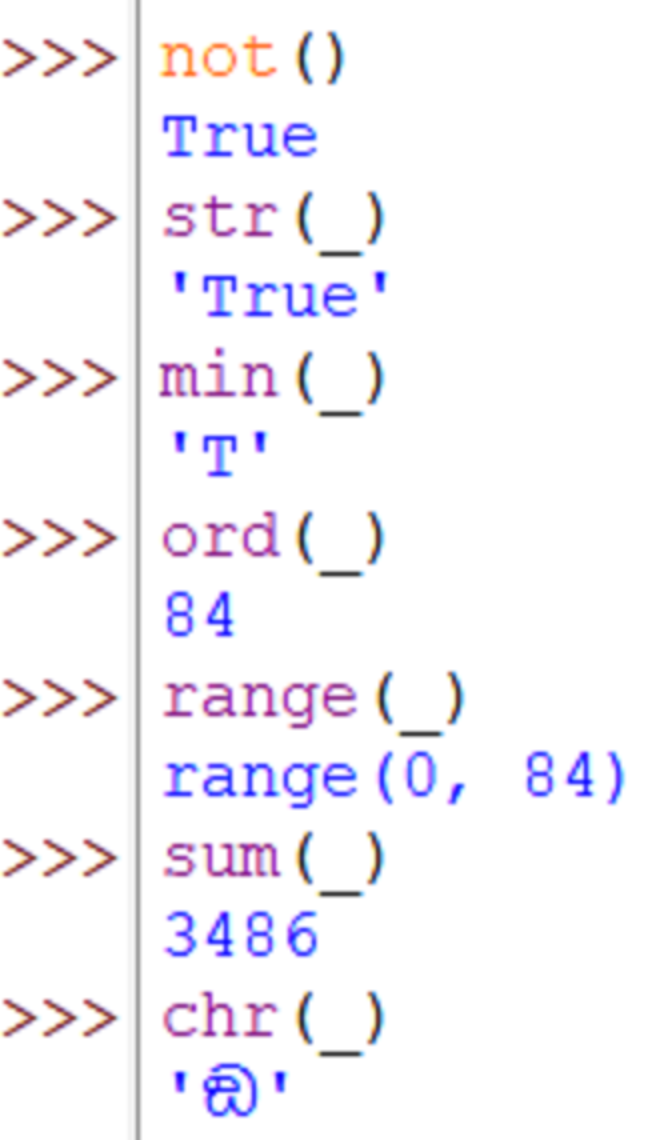What is reveal codes?
- 2 Posts
- 133 Comments

 13·10 days ago
13·10 days agoThat word… I think it means exactly what you think it means.
It could be painful for a cat to walk on this. Or just deeply uncomfortable. I don’t see this as some silly thing.
Cute cat! Nice to see she has ways around it.

 1·16 days ago
1·16 days agoHave you been listening to the podcast A Problem Squared? This was a topic of the most recent episode (095 = Friday Fears and Disco Spheres). Friday the 13th is very slightly more common than other weekdays for the 13th.

 303·22 days ago
303·22 days agoSo that man grabbed the sword from the blade and yanked it out of the mermaid’s hand without her realizing? It doesn’t add up.
I believe there’s a setting for whether it’s global or per-window. Personally I prefer global, because I can’t keep track of more than one state and I absolutely hate the experience of typing something and getting a different language than you expect.
That’s pretty cool
Multilingual users have multiple keyboard layouts, usually switching with Alt+Shift or similar key combo. If you’re multitasking you might not realize you’re on the wrong keyboard layout. So say you’re chatting with someone in Russian, then you alt+tab to your source code and you spot a typo - you wrote
my_var_xopyinstead ofmy_var_copy. You delete the x and type in c. You forget this happened and you never realized the keyboard layout was wrong.That c that you typed is now actually с, Cyrillic Es.
What do you say, is that realistic enough?
Oh, that I agree with. But then there’s the mess of Unicode updates, and if you’re using an old version of the compiler that was built with an old version of Unicode, it might not recognize every character you use…
Sanity is subjective here. There are reasons to disallow non-ASCII characters, for example to prevent identical-looking characters from causing sneaky bugs in the code, like this but unintentional: https://en.wikipedia.org/wiki/IDN_homograph_attack (and yes, don’t you worry, this absolutely can happen unintentionally).
Yes, but the language/compiler defines which characters are allowed in variable names.

 1514·28 days ago
1514·28 days agoI don’t see how it’s wholesome - the larger dog is perpetuating the breed divide and flaunting his advantageous circumstances, while the lower breed remains helpless.
It’s kinda cute tho
It’s close, but no, the first panel has more than one person
I’ll take your advice even further: I won’t even try to look up what a “discord kitten” even is.

 1·1 month ago
1·1 month agoThe page says two functions, what’s the second one?
(and to all smart-asses out there: what’s the first one?)
That’s a problem when you get to the fourth.
Embedded for convenience:

That spoiler tag doesn’t work (on the web version of Lemmy at least) but good effort
Wherever is reading this, this article is worth looking at. Just trust me.






that does sound super useful